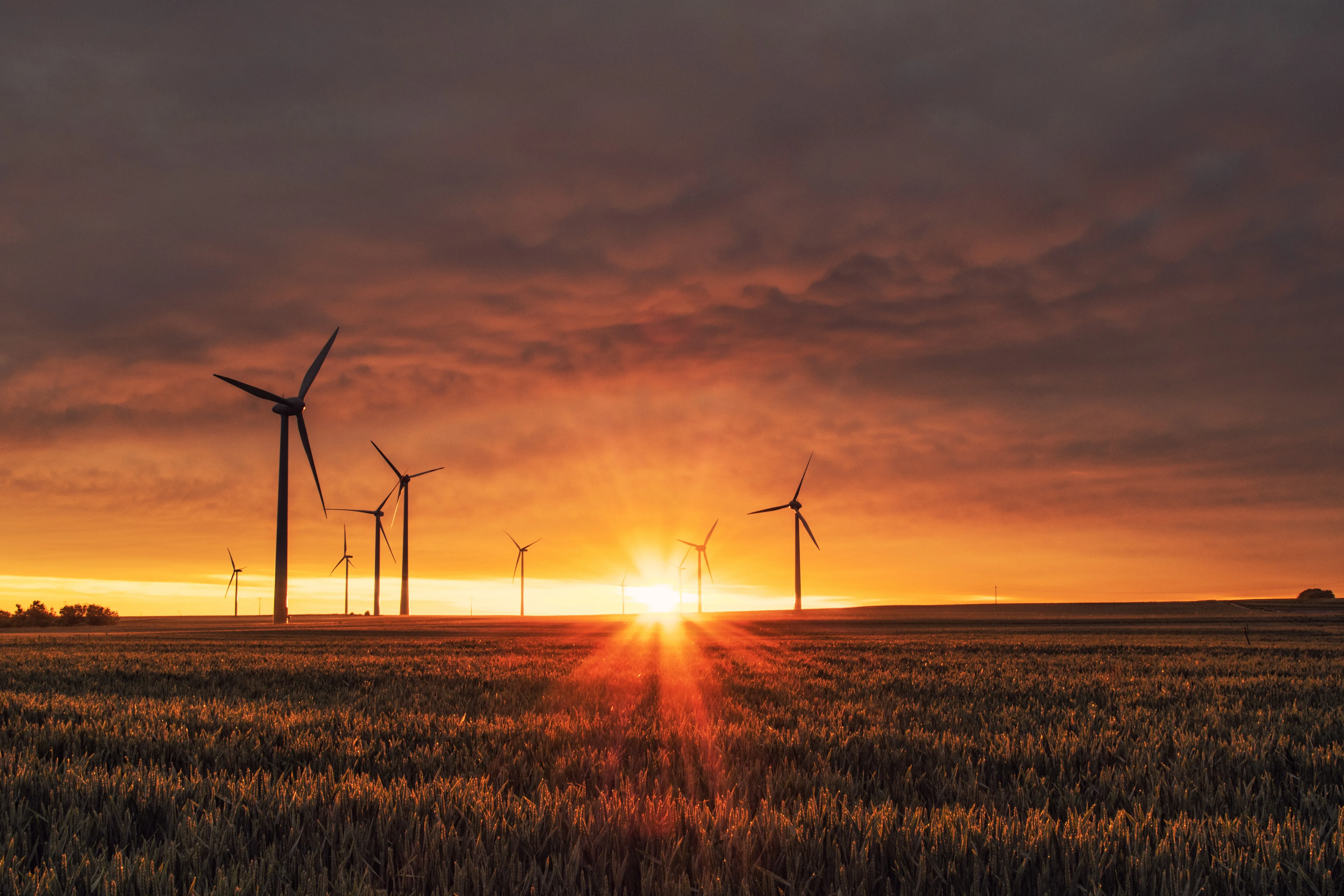The Economics of Renewable Energy for Farmers
Gain valuable insights with 'The Economics of Renewable Energy for Farmers' from Vriksha Farms. This blog post navigates the financial aspects of integrating renewable energy in agriculture. Explore how solar power, wind turbines, and biogas can be economically beneficial for farmers. Learn about the cost-effectiveness, grants, incentives, and long-term financial impacts of renewable energy solutions. Understand the crucial role of sustainable energy in enhancing farm efficiency and contributing to a more eco-friendly agricultural future."

Introduction
The adoption of renewable energy is becoming increasingly vital for farmers seeking sustainable and economically viable farming practices. Vriksha Farms, a leader in creating and managing farmland plots, places a significant emphasis on the integration of renewable energy sources as part of their commitment to responsible agroforestry and sustainable living. This blog post examines the economic aspects of renewable energy for farmers, highlighting the potential returns and cost-saving benefits.
Understanding Renewable Energy in Agriculture
The Shift to Renewable Sources
Renewable energy, including solar, wind, and biomass, offers an alternative to traditional energy sources. It not only reduces environmental impact but also helps in managing the rising costs of energy for farming operations.
Long-Term Cost Benefits
Although the initial investment in renewable energy can be substantial, the long-term benefits are significant. Reduced energy bills and potential income from selling excess power to the grid can provide a steady return on investment.
Economic Advantages of Renewable Energy
Reduced Operating Costs
Renewable energy systems can significantly lower the operating costs of a farm. After recouping the initial installation expenses, farmers can benefit from almost free energy, drastically reducing their monthly utility bills.
Government Incentives and Subsidies
Many governments offer incentives, such as tax credits, grants, or subsidies, to encourage the adoption of renewable energy. These incentives can significantly offset the initial costs and make renewable energy more accessible.
Increased Farm Value
Implementing renewable energy solutions can increase the value of farmland. Prospective buyers or investors often view these upgrades as a valuable asset, enhancing the property's appeal and market value.
Challenges and Considerations
Initial Investment and Financing
The primary challenge for many farmers is the initial investment required for renewable energy systems. However, various financing options, such as loans and leasing programs, are available to ease this burden.
Maintenance and Technical Expertise
Renewable energy systems require maintenance and technical knowledge for optimal operation. Farmers need to consider these factors when planning for installation and ongoing management.
Case Studies: Success Stories of Renewable Energy on Farms
Real-Life Examples
Highlighting case studies of farms that have successfully implemented renewable energy can provide insights into the practical benefits and challenges, as well as the long-term economic gains.
Conclusion
The economics of renewable energy for farmers present a compelling case for its adoption. While initial costs and technical requirements are considerations, the long-term economic benefits, coupled with environmental sustainability, make renewable energy an attractive option for the future of farming. Vriksha Farms, through its sustainable and productive farming practices, embodies this forward-thinking approach, offering a tangible return on investment for those engaging in modern, responsible agriculture.
